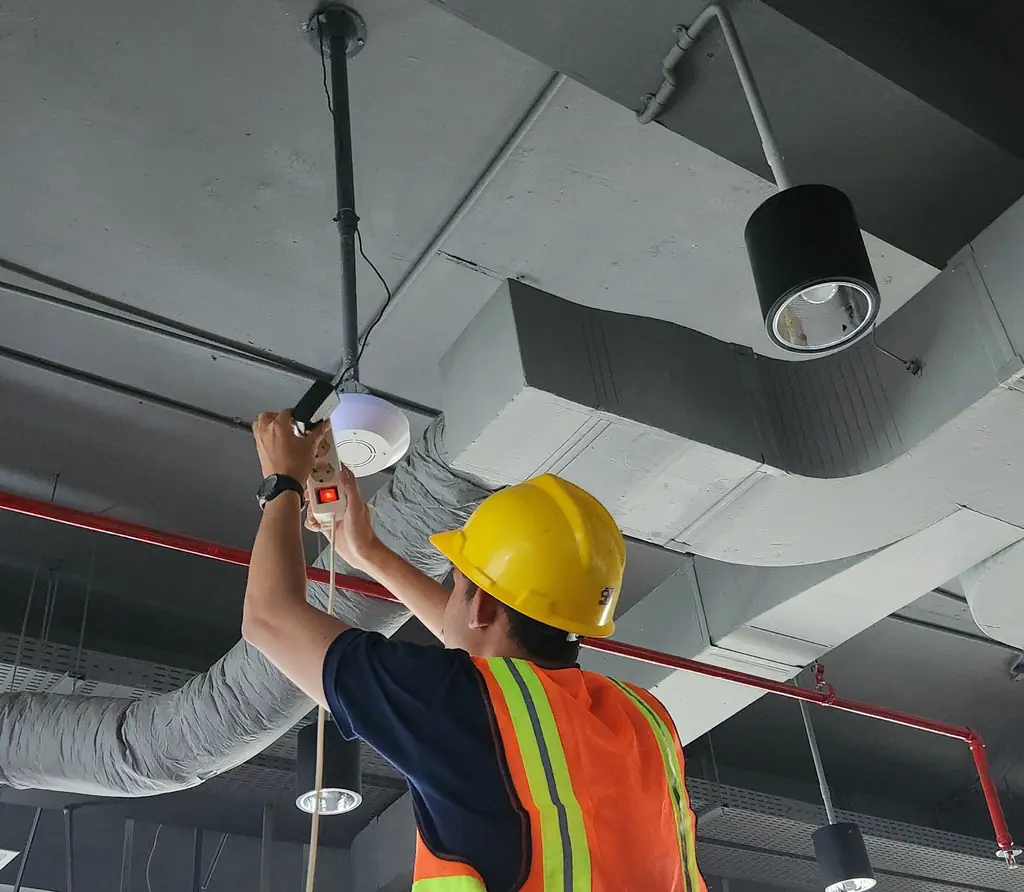
Jakarta – Air pollution has become a serious challenge faced by Indonesia, particularly in Jakarta. According to the July 2025 IQAir report, Jakarta ranked first as the most polluted city. IQAir also noted that the pollution is caused by industrial emissions, motor vehicles, and human activities such as open waste burning, among others. As a result of these activities, Jakarta’s air quality has been contaminated, posing health risks that can disrupt the human respiratory system.
According to the Ministry of Environment and Forestry (KLHK) / Environmental Control Agency (BPLH) in June 2025, air quality in the Greater Jakarta area had entered the “Unhealthy” to “Very Unhealthy” category, accompanied by a significant increase in PM2.5 concentrations since the 2025 dry season. The issue of worsening air pollution serves as a reminder of the need for collective action from various stakeholders.
In response to this challenge, Telkom Indonesia, in collaboration with Telkom University, launched the Indoor Air Quality Monitoring System (IAQMS) at Telkom Landmark Tower, Jakarta. This collaboration represents Telkom Indonesia’s concrete implementation as a digital company, utilising advanced sensors to monitor indoor air quality in real time, covering parameters such as PM2.5, CO2 levels, temperature, and humidity. The collected data is then visualised through a web-based dashboard equipped with automated recommendations regarding air circulation, ventilation, and energy management.
“Telkom Indonesia, as a digital telco company, has the responsibility to create a healthy and sustainable workplace environment that supports productivity. The implementation of the Indoor Air Quality Monitoring System is a strategic step to ensure that employees remain protected amid urban air quality challenges. Innovation is not only delivered through digital services that reach all corners of the country but also through sustainability initiatives that directly impact the health, comfort, and productivity of human resources as the company’s main asset,” said Senior General Manager of Social Responsibility, Hery Susanto.
More than just a response to pollution, the program also provides energy efficiency and healthcare cost savings. Based on analysis, the implementation of IAQMS has generated a Return on Investment (ROI) of 235.8%, where every Rp1 invested provides benefits worth Rp3.36. The program will undergo a three-month operational trial with full warranty and comprehensive monitoring. Telkom also plans to expand the system to other strategic company locations, such as Menara Multimedia and Gedung Serbaguna Digital (GSD), in the future.
The IAQMS program is part of Telkom Indonesia’s Social and Environmental Responsibility (TJSL) initiatives, serving as concrete evidence of the company’s commitment to supporting the achievement of the Sustainable Development Goals (SDGs), particularly SDG 3 (Good Health and Well-being), SDG 9 (Industry, Innovation, and Infrastructure), SDG 11 (Sustainable Cities and Communities), and SDG 13 (Climate Action). Through the implementation of IAQMS, Telkom not only ensures that air quality and employee health are maintained but also strengthens the transformation toward green workplaces in Indonesia, creating a healthy, productive, and sustainable work environment.